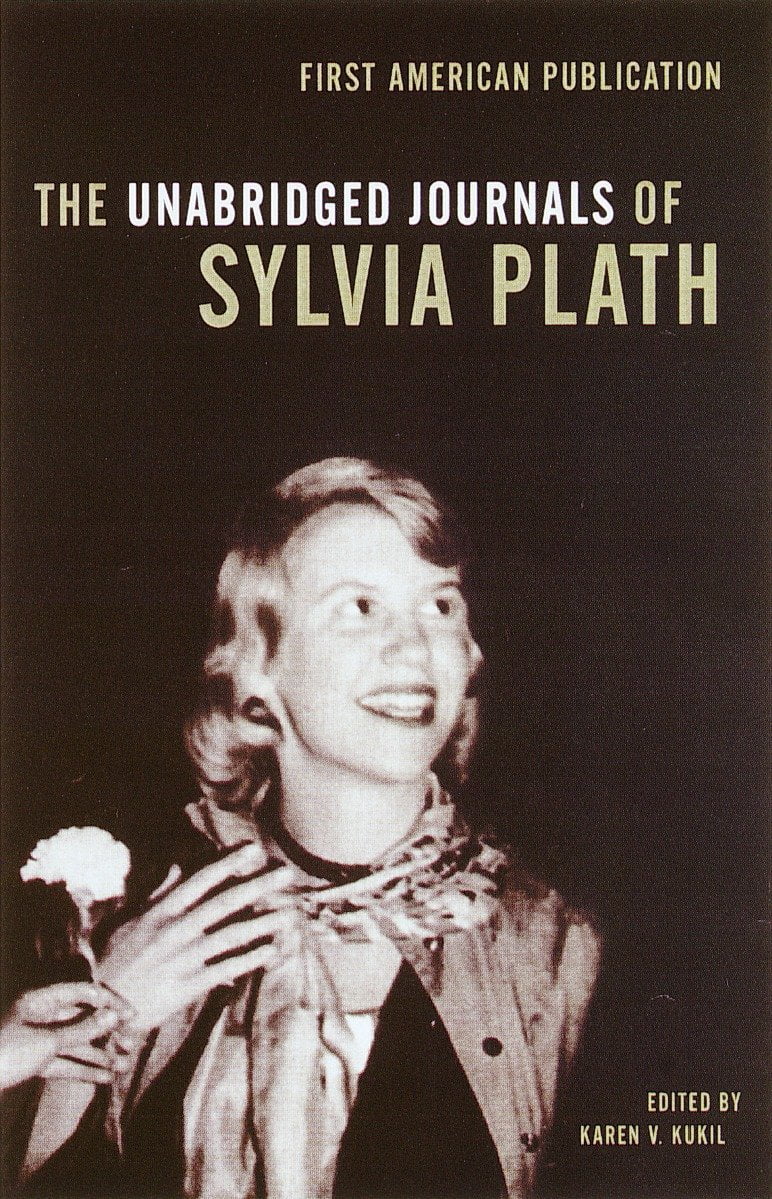


Her final book, known as Ariel, was a swift achievement.

It is because of this that I maintain that Plath was brilliant and that she created her final poems with genius. It is the dilemma of the artist in his or her calling, and that spiritual pull between the real world and the state of imagining which becomes, through physical and mental exertion, its own state. The speaker is constantly in flight, searching for a means of return. Yet, one of the most important aspects of her work, an aspect that has often been neglected, has to do with the idea of the spirit derailed from its source, and how that spirit is always trying to find its way back to the source. There is a forcefulness of the persona speaking through her work, and then too, there is her strong inclination toward wholeness and harmony although, many only see the jaded and sardonic undercurrents. Though Plath's sensibility is dark, and though she twists nature to her own effect, like so many other poets and fiction writers, there is something uncommon about her work and the strength and momentum that builds poem-to-poem. They allow us to see the seams and underpinnings necessary in the making of lasting poetry. They allow us to see the methodical revisions, the many thoughtful ways in which she crafted her poems. The journals allow us to see Plath’s joyful, backbreaking work. They are a significant contribution to our understanding of Plath and Plath scholarship. It is because of this confusion between the two, that the Unabridged Journals bear the burden of illumination. Despite the fact that she wrote from the emotional realities of her life, one cannot stress enough, how important it is to separate the person from the creative result. But the speaker in her poetry is just as multidimensional as Plath was herself. Many admirers make the mistake of imagining Plath to be a Phaedra-a spurned woman, a dangerous woman, and a victim. Even admiring lenses can cloud one's judgment. Although, beware, her work is seen through many lenses. However, if you believe Plath is one of the more important poets of the 20th century and that she's had a lasting effect on lyric poetry, one cannot deny the import of her work. By announcing your admiration for Plath, you may find yourself under suspicion for morbidity, bad taste, and even doctrinaire feminism. Quite instinctively, one knows the implications that may be drawn when acknowledging a liking for her poetry. Unfortunately, her personal life, and the circumstances surrounding her death have had an adverse effect on how she is read. Those who have championed her work find they do so at personal cost. The Problem of Sylvia Plath, Her Poetry, and the Necessity of Her Journalsīecause of her suicide at the age of 30, many critics have labeled her either immature or hysterical-while other critics have taken it upon themselves to defend her integrity.


 0 kommentar(er)
0 kommentar(er)
